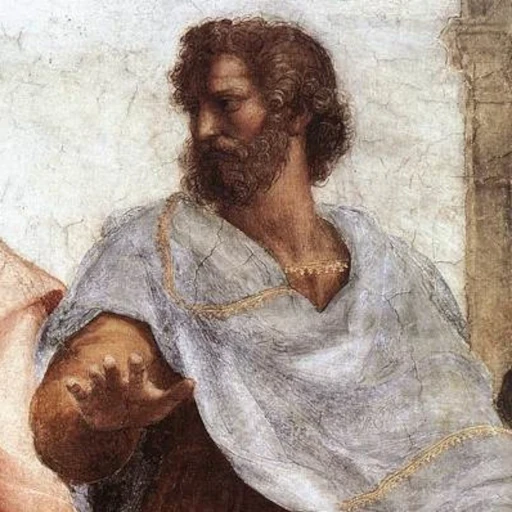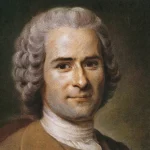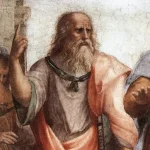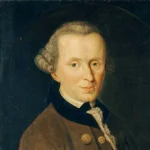“Happiness depends upon ourselves.”

- 384 BC – 322 BC
- Originating from Macedonia in ancient Greece
- Philosopher and scientist, founder of the Lyceum academy
- A student of Plato, he constructed systematic knowledge in logic, biology, politics, ethics, etc., and had a major impact on the development of Western thought and science
table of contents
Quote
“Happiness depends upon ourselves.”
Explanation
In this quote, Aristotle emphasizes the idea that happiness is not something that is solely dependent on external circumstances or other people, but rather it is something that comes from within. True happiness, according to Aristotle, is achieved through self-discipline, virtue, and making choices that align with our higher purpose. External factors, such as wealth, success, or approval from others, may provide temporary pleasure, but lasting happiness comes from cultivating a mindset and lifestyle that prioritize personal growth, moral excellence, and meaningful relationships. Happiness, for Aristotle, is not a passive state of being but an active pursuit, driven by our own choices and actions.
This perspective remains incredibly relevant in today’s world, where many people look for happiness in material wealth, social status, or external validation. However, research in psychology and well-being consistently shows that inner contentment and mental resilience—such as practicing gratitude, maintaining positive relationships, and engaging in activities that bring personal fulfillment—are often the most significant contributors to long-term happiness.
For example, people who focus on cultivating gratitude, empathy, and emotional intelligence often experience greater satisfaction in life, regardless of their external circumstances. Aristotle’s quote serves as a reminder that, while external conditions play a role in our lives, it is ultimately our attitude, values, and choices that shape our true happiness. We hold the power to create and maintain our own sense of well-being, regardless of what happens around us.




